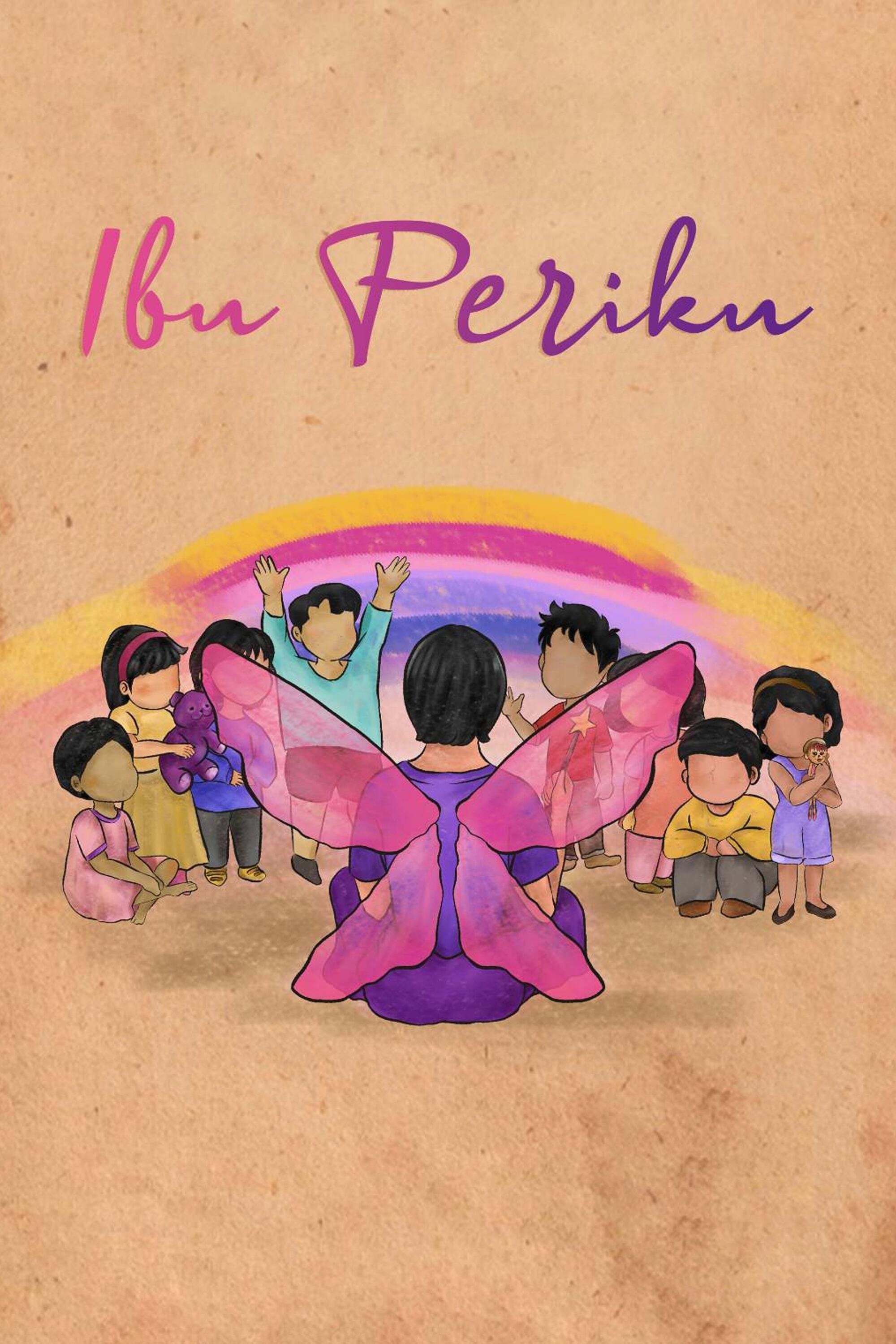The Genius and the Boys (2009)
• June 1st, 2009 • 1h 29min
TV Movie, Documentary
Overview
D Carleton Gajdusek won the Nobel Prize for the discovery of Prions - the particles that would emerge as the cause of Mad Cow disease - while working with a cannibal tribe on New Guinea. He was a star of the scientific world. Over his years working amongst the tribes of the South Seas, he adopted 57 kids, bringing them to a new life in Washington DC. His adoptions were hailed as wonderful fatherly beneficence. But, at the height of his career, rumours began to spread he was a paedophile. Gajdusek would argue that if sex with children was okay in their own cultures, he wasn't wrong to join in. How could a great mind like Gajdusek's lose insight so totally, and why would the scientific community to which he was a hero be so quick to leap to his defence and dismiss the allegations? (Storyville)
Make sure to check your pop-up blocker!!
Trailer
Similar Movies

Wildflower
Released on: 1991-12-03
Drama, TV Movie
One day Sammy and his younger sister Ellie happen upon a cabin where Alice, a young, partially deaf ...
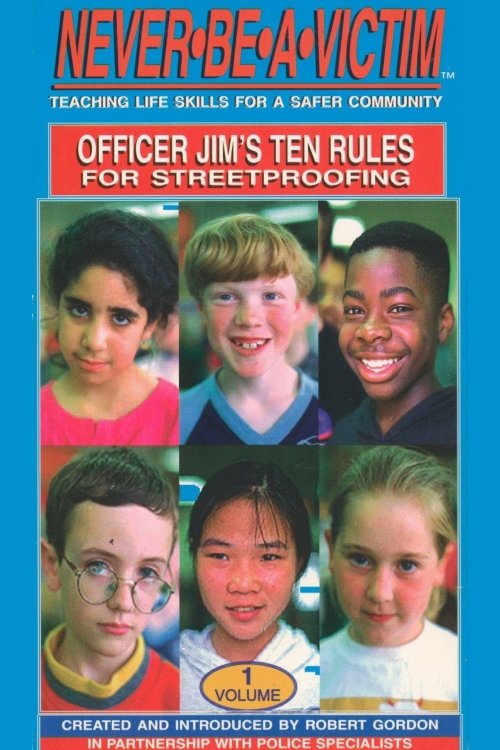
Never Be A Victim
Released on: 1996-01-23
Documentary, Family
POLICE OFFICER JIM BYRNE, Canada's most honoured Safety Education Specialist brings you his famous T...
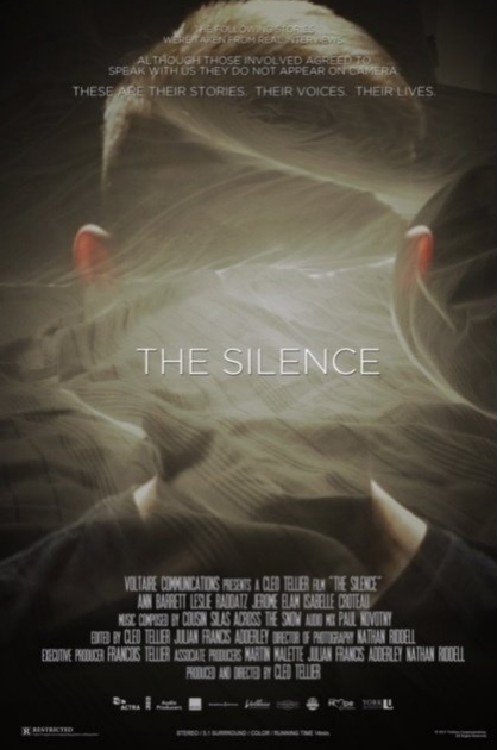
The Silence
Released on: 2015-01-01
Documentary
There are children. There are those who abuse them. And there are those who know, but never tell.
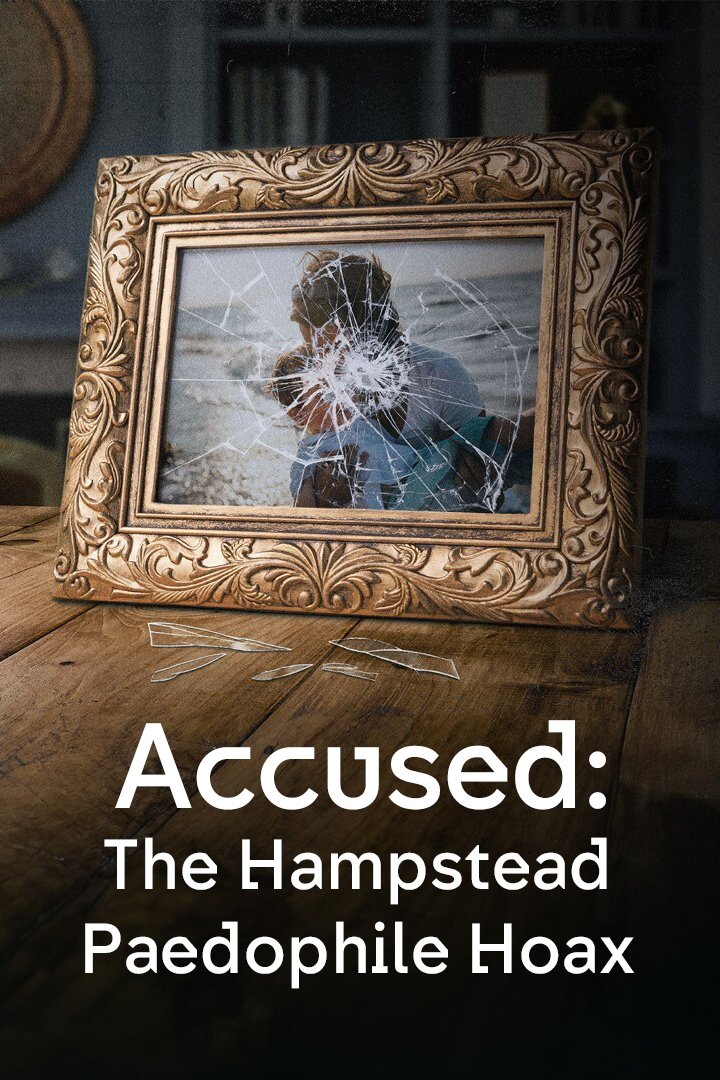
Accused: The Hampstead Paedophile Hoax
Released on: 2024-03-11
Documentary, Crime
Two children accused parents and teachers of leading a paedophilic satanic cult, supposedly headquar...
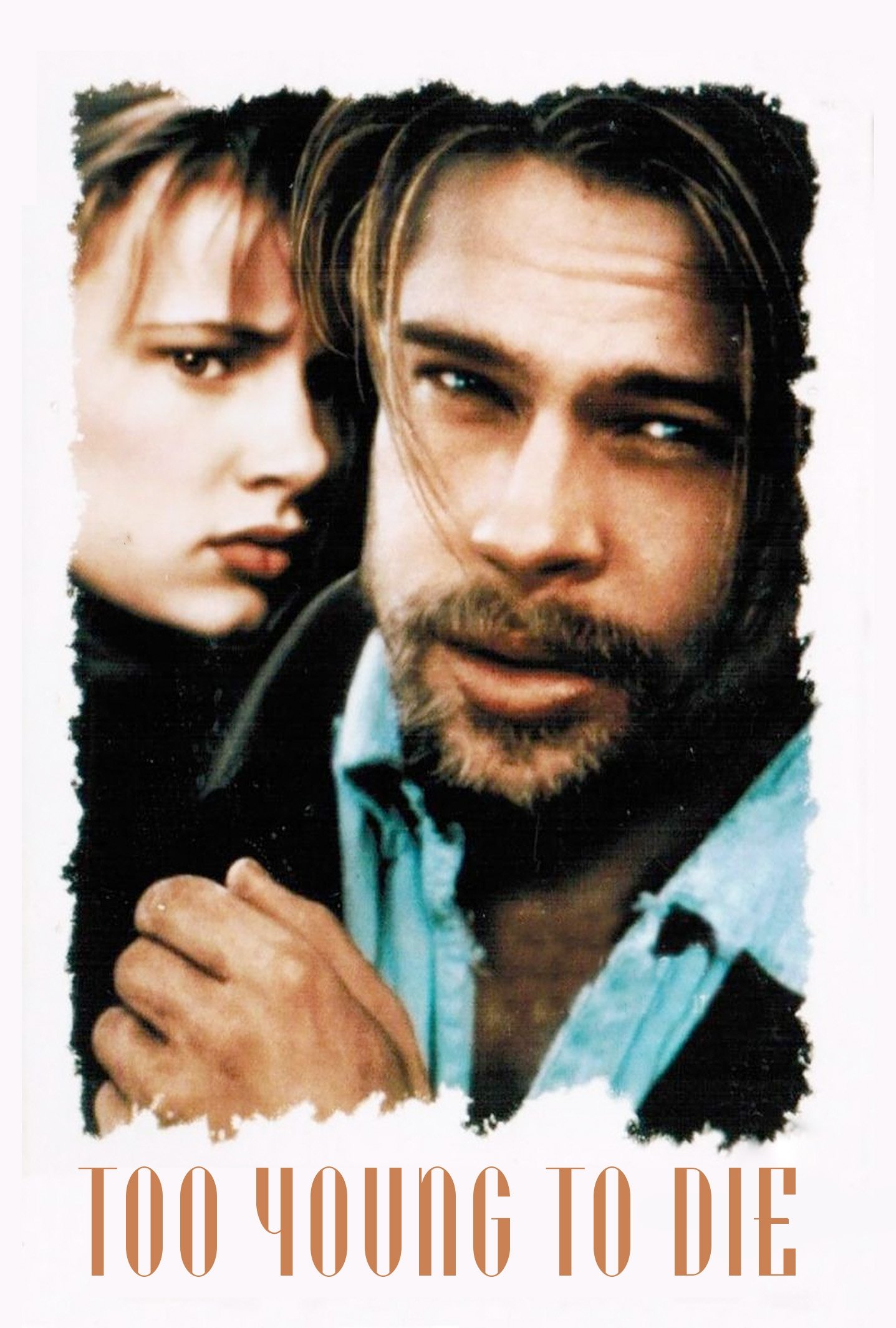
Too Young to Die
Released on: 1990-02-26
Crime, Drama, TV Movie
An abused 15 year old is charged with a murder that carries the death penalty in this fact-based sto...

Running Away
Released on: 2017-05-06
Thriller, Drama, TV Movie, Crime
Sisters Maggie and Lizzie move in with mom Peg's new husband. Secrets and lies start immediately. Ma...

When Love Turns to Hatred 4 - Domestic Violence on Children
Released on: 2022-10-27
Documentary
The four adult heroes and heroines of the film, who were selected in a casting call posted on TV, sp...

Trapped In Silence
Released on: 1986-05-11
Drama, TV Movie
A compelling drama about a silent, violent teenager. Kevin suffers from elective mutism and no one ...

Capturing the Friedmans
Released on: 2003-05-30
Documentary, Crime
An Oscar nominated documentary about a middle-class American family who is torn apart when the fathe...
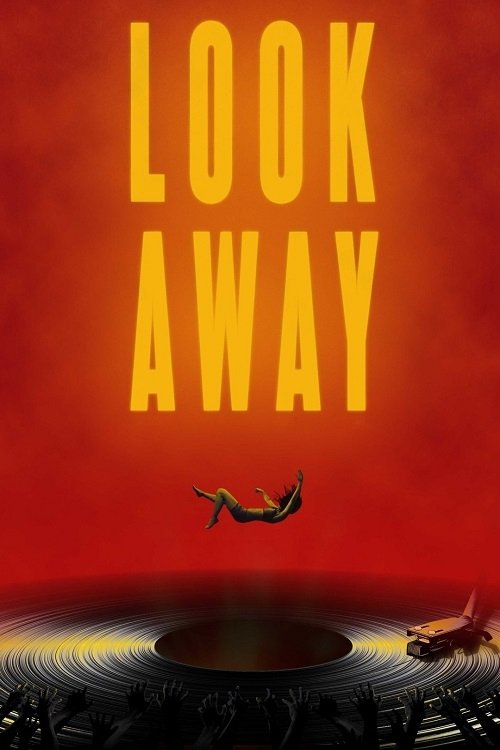
Look Away
Released on: 2021-09-01
Documentary, Music
Interviews from women involved in the 70's and 80's rock music industry. An examination of the peopl...
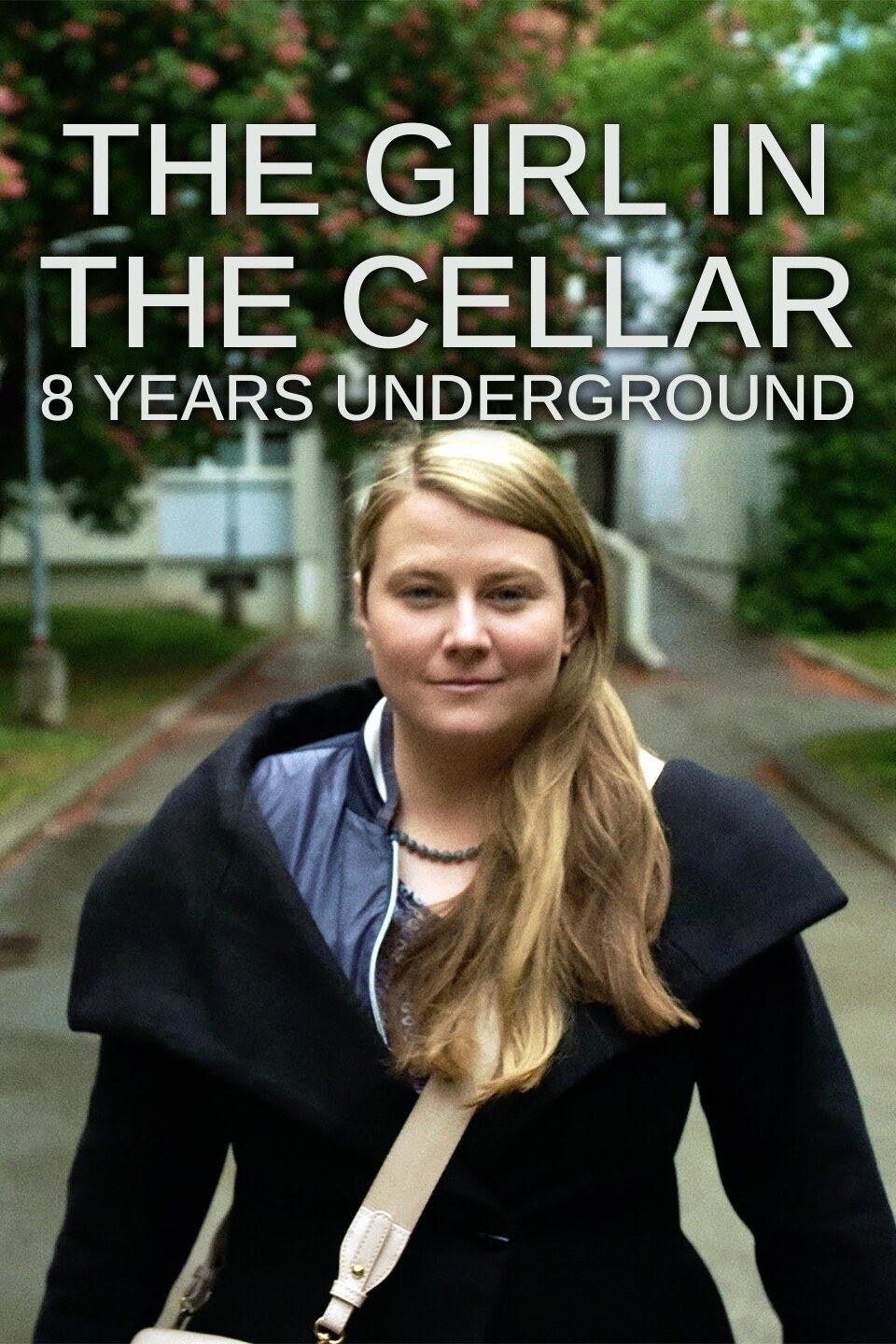
The Girl in the Cellar: 8 Years Underground
Released on: 2023-01-17
Documentary
In 1998, Natascha Kampusch was abducted in broad daylight at the age of ten and held hostage in a ba...

Procession
Released on: 2021-11-12
Documentary
Six men who were sexually abused by Catholic clergy as boys find empowerment by creating short films...

Great Photo, Lovely Life
Released on: 2023-03-10
Documentary
A photojournalist turns her lens on the decades of sexual abuse her family and community experienced...
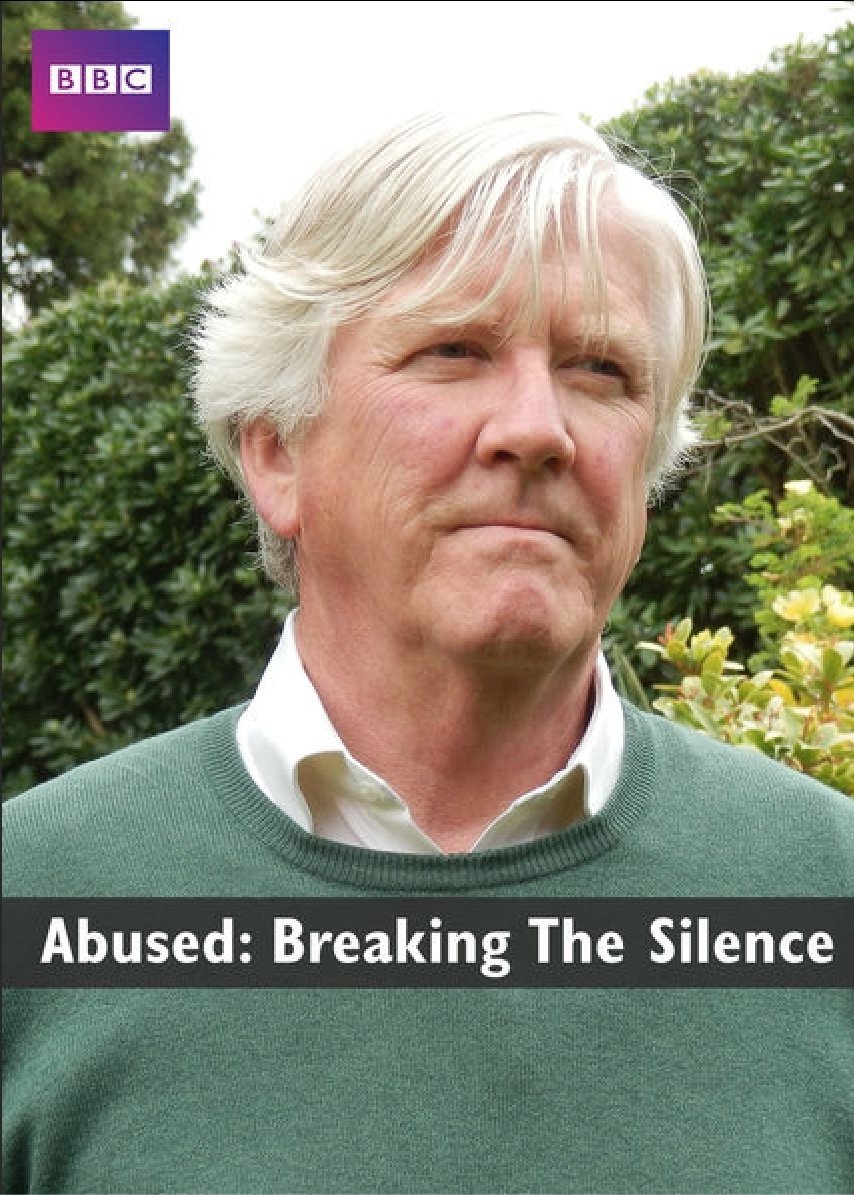
Abused: Breaking the Silence
Released on: 2011-06-21
Crime, Documentary
A group of aging former classmates begin a quest for justice when they learn from one another just h...

The Chosen Ones
Released on: 2014-10-01
TV Movie, Drama
In the late 70s, young Petra Grust begins teaching at the progressive Odenwald School. She is flatte...
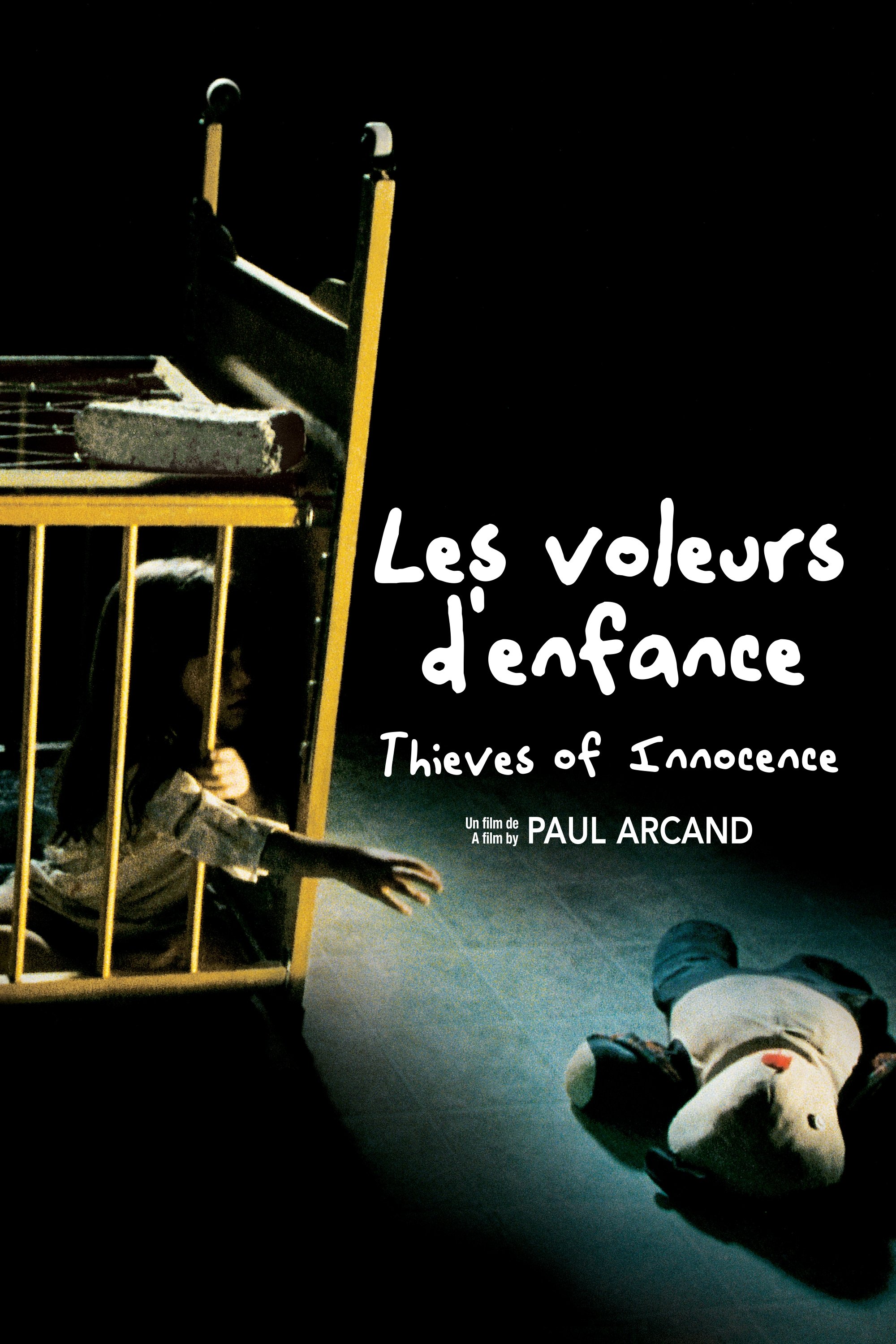
Thieves of Innocence
Released on: 2005-10-07
Documentary
Every year in Quebec, 25,000 reports of children being beaten, sexually abused or abandoned are reta...
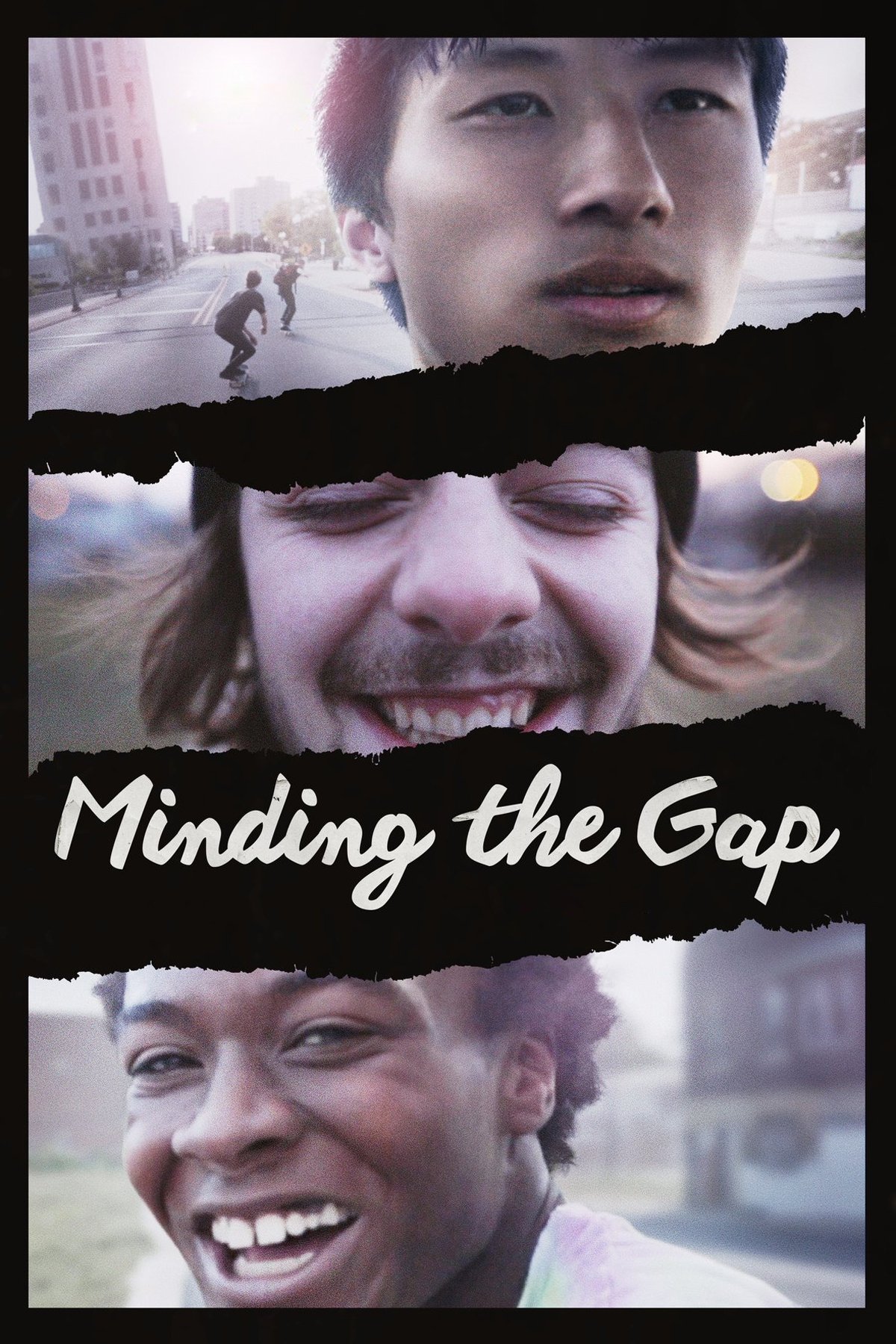
Minding the Gap
Released on: 2018-08-17
Documentary
Three young men bond together to escape volatile families in their Rust Belt hometown. As they face ...
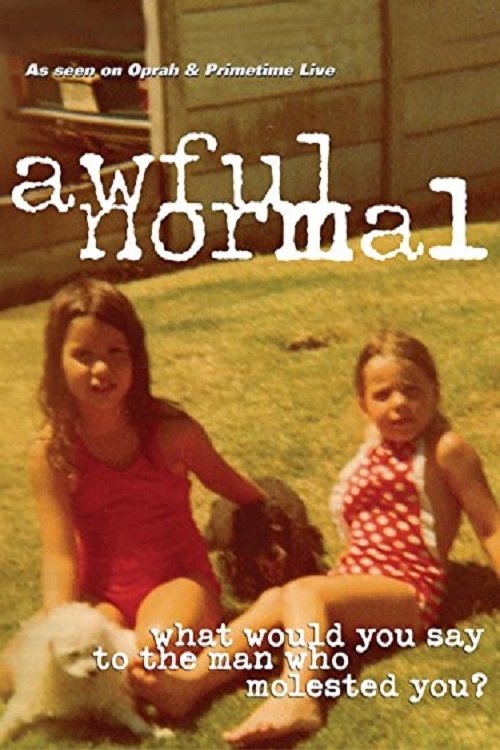
Awful Normal
Released on: 2004-03-05
Documentary
Celesta and Karen Davis grew up in a loving family. They shared many wonderful childhood moments and...
